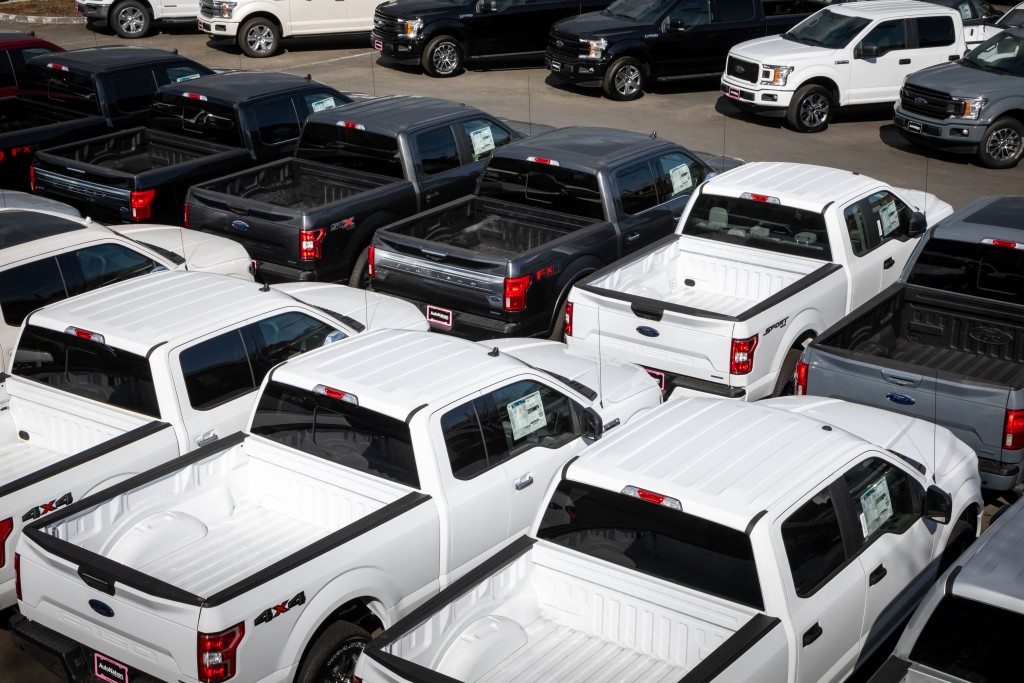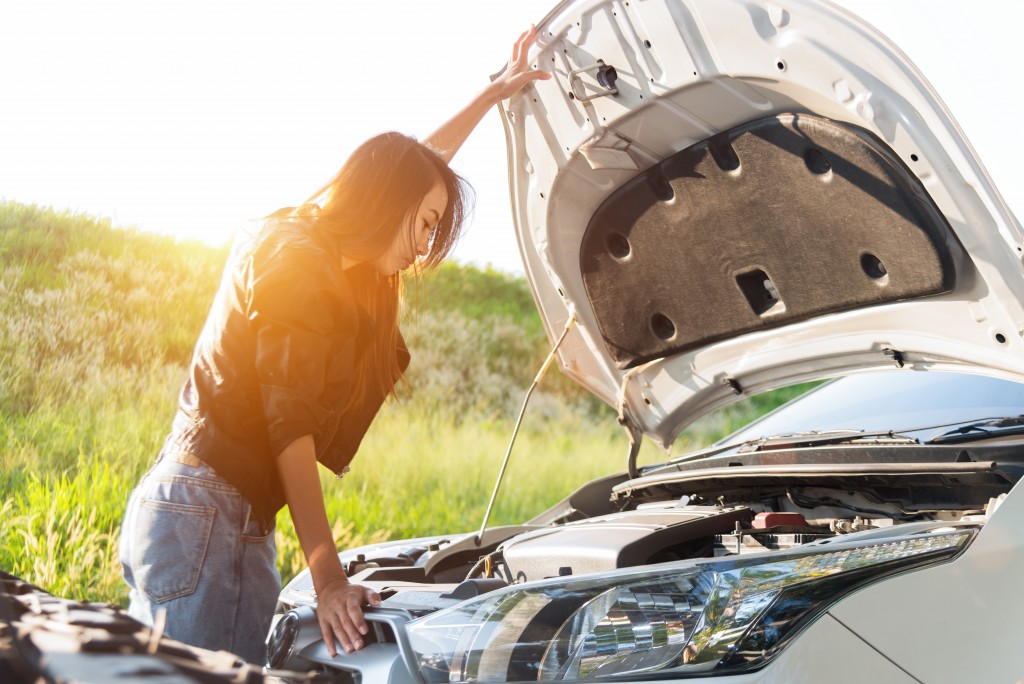With the COVID-19 pandemic forcing people across the country to work from home, a lot of cars are sitting idle in driveways and garages. If you think you are saving a lot of cash by not spending a lot on gas and car wash, think again.
Allowing your car to sit around for weeks and months could significantly damage your car’s overall performance. Vehicles are designed to move and not to sit idle. Once you are ready to drive again, you are potentially facing tons of car repairs that would pretty much put a dent in your bank account. Repairs could cost you more money than how much you will save by not driving around.
According to experts, you should not let your car sit around longer than two weeks, particularly when you have not made preparations for its period of idleness. To guide you in keeping your car in good condition during this pandemic, consider the following suggested car maintenance tips.
Keep Batteries Charged
Car batteries drain over time, but more so when your car sits idle for extended periods. You should drive your vehicle to avoid having a dead battery. Taking it for a spin at regular intervals is the best way to prevent this.
There’s no single solution for all cars, however. How often you need to take your car for a drive depends largely on the car’s age, the local climate, and where you often park your car, ━ whether it’s indoors or outdoors.
Nonetheless, the majority of car experts agree that starting your car at least once a week helps prevent dead batteries. Taking your car for a drive is the best way to recharge your battery than having it sit idle for quite some time.
Keep Other Moving Parts Lubricated
Taking your car out for a drive as often as you can, not only helps keep your batteries charged but also prevent the engine and other mechanical parts of your car from drying out.
If your car sits idle for a long period, seals can dry out, the oil will settle, and fluids will separate. All these could cause severe damage to your car. A lot of things can go wrong, even with just three weeks without driving.
By taking your car even for a brief drive, you help keep all mechanical parts such as the brakes and transmission stay lubricated. Driving around at least once a week will do the trick.
Avoid Flat Spots
Flat spots could happen if your vehicle sits too long unused. The weight of your car pushes your tires’ rubber to flatten out. With flat spots, you may need to discard those tires and replace them with new ones.
To avoid this potential headache, take your car on a weekly drive. With regular driving, you avoid draining your car’s battery, drying out its engine, and helping avoid flat spots on your tires.

Select a Good Parking Spot
As part of your car’s maintenance, consider parking it in your garage, shed, or driveway. But if you do not have those home extensions, keep in mind not to park your car in areas where the ground is soft and porous, like grass. The moisture coming from this surface will cause rust to your car’s undercarriage. There is a way to find the right spot, but you can park your car on a surface made up of gravel. It is prudent as well to park your car in designated parking areas.
Check the structure of your parking area too, especially the state of the concrete and the surrounding area. Parking your car beneath a tree that drips sap or is the usual spot where birds congregate could be a nightmare. Tree saps and bird poop could significantly damage your car’s paint job. Accordingly, having birds poop on your car is like pouring acid all over it. So, if possible, avoid parking your car in those hazard-prone spots.
Top off Your Tank
Experts suggest filling up your gas tank before parking your car for a long time. It has a two-fold purpose, they said. One, it helps prevent condensation from forming inside the tank. And second, it stops gasoline fumes from building up.
Take this opportune time as well since the price of gas is at its all-time low. Furthermore, having a full tank could give you peace of mind during these uncertain times.
Mind the Parking Brake
Leaving your car’s parking brake on for a long period could cause the pads and rotor to fuse. Moisture is the number one culprit for causing the parking brakes to stick. So, it is crucial to avoid engaging your car’s parking brake when it is raining.
Apart from these suggestions, always do preventive maintenance and check up on your vehicle. Your car is your investment. And with that thought, you should give some time to protect your investment.

